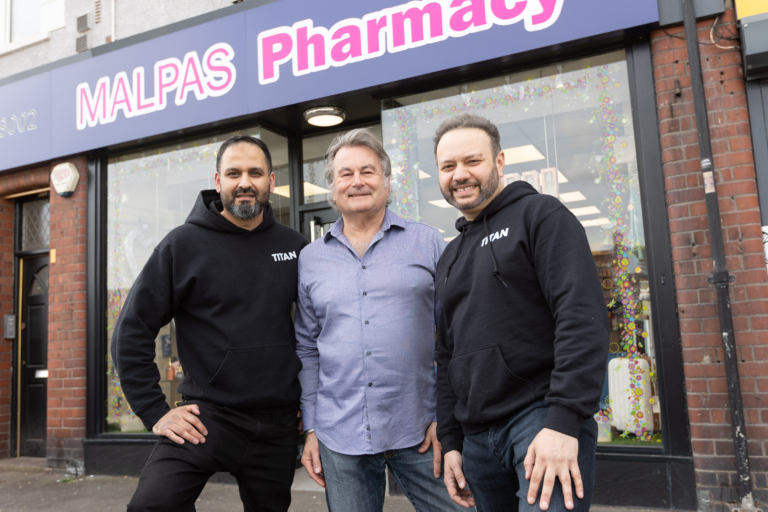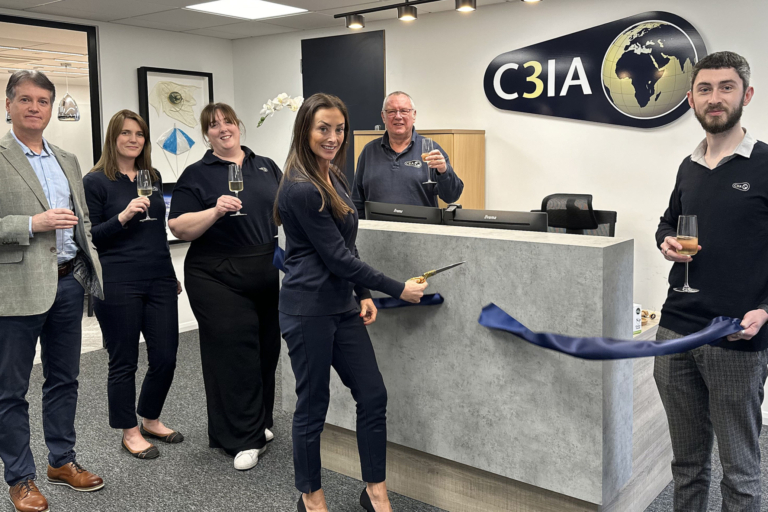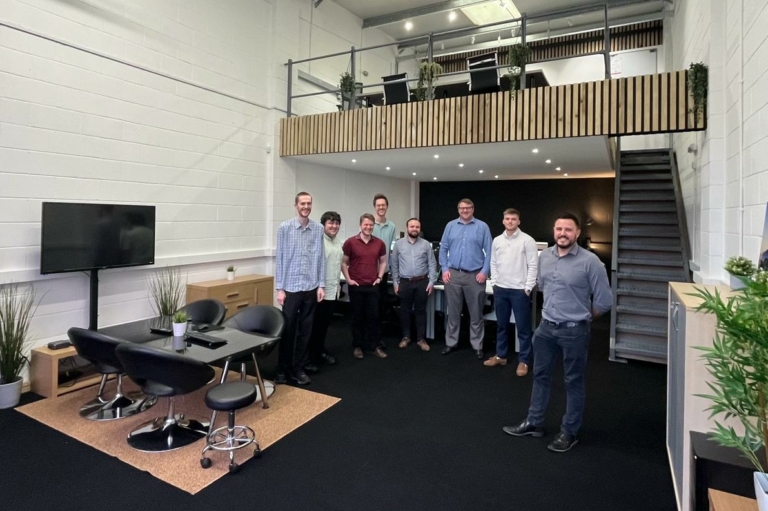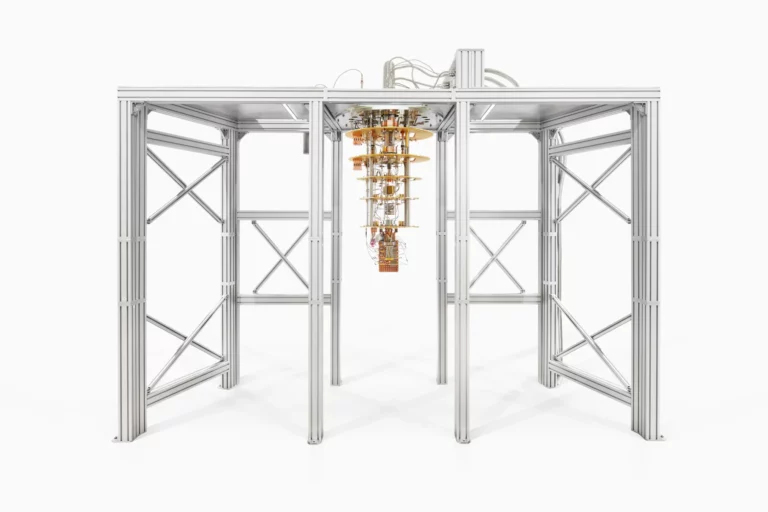Guildford: Space Centre celebrates InflateSail satellite success

The first European deployment of an inflatable sail – designed to prevent the creation of future space junk – has been a success, the Surrey Space Centre (SSC) at University of Surrey and the Von Karman Institute have announced.
The team are celebrating the successful operation of their InflateSail mission – which has successfully tested both inflatable and ‘deorbit sail’ technologies in space from a small nano-satellite.
SSC was responsible for the design, construction and testing of the spacecraft on behalf of the Von Karman Institute (VKI), Belgium. Last month saw the successful launch of the InflateSail satellite, which marked a milestone in the deployment of low-cost inflatable and sail technologies in space.
InflateSail demonstrated the effectiveness of using a drag sail in Low Earth Orbit (LEO) to dramatically increase the rate satellites lose altitude and re-enter the Earth's atmosphere. This prevents the satellite from contributing to the existing 7,000 tonnes of ‘space junk’ in orbit, and from being involved in any potentially disastrous collisions.
Since the satellite’s first turn-on, SSC’s mission operations centre has been tracking and receiving data from it. Over the next few months, the drag produced by the sail will make the satellite gradually reduce its altitude, until it re-enters the Earth’s upper atmosphere and burns up.
Prof Craig Underwood, head of SSC’s Environments and Instrumentation Group and principal investigator for the mission at University of Surrey, said:
“We are getting tremendous data from the spacecraft, which have already given new insights into these key deorbiting technologies in the real space environment. InflateSail heralds yet another successful CubeSat mission for the space engineering and academic team at the SSC.
“It also demonstrates how we can effectively help reduce space junk, and later this year we will launch one of our flagship missions, RemoveDebris – one of the world’s first missions to test capturing of artificial space junk with a net and harpoon.
“The technologies SSC developed are already finding their way into future missions, through our strong relationships with the UK and European space industries.”
Dr Andrew Viquerat, lecturer in structural mechanics at University of Surrey, said: “Inflatable space structures allow very large, lightweight objects to be packaged in an extremely compact way during launch. We hope that this successful demonstration will lead to a greater adoption of this type of technology.”











